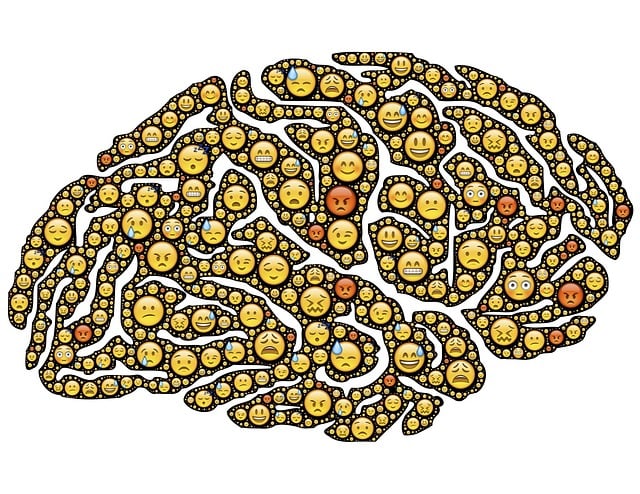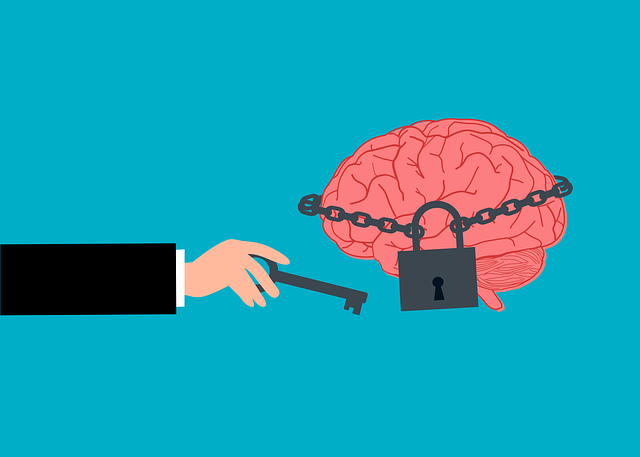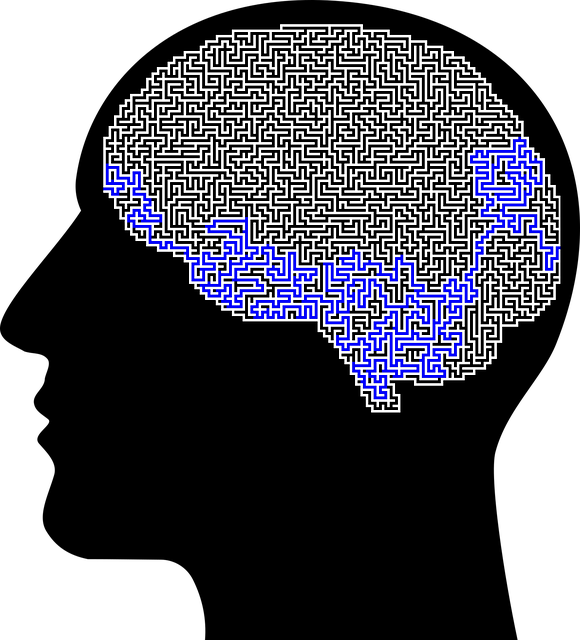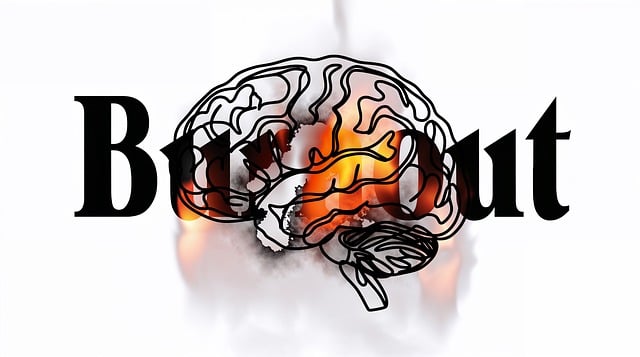Castle Rock Crisis Counseling Therapy offers specialized support for mental health crises, utilizing evidence-based practices and a personalized approach. Therapists conduct detailed assessments using tools like DSM-5 to tailor healing strategies. This holistic method combines counseling with self-care, empowering individuals to manage symptoms, build resilience, and destigmatize mental health issues through education and collaboration.
Navigating mental illness diagnosis and treatment can be overwhelming. This comprehensive guide breaks down complex topics, offering a clear path forward. We explore understanding mental illness diagnoses with a focus on Castle Rock Crisis Counseling Therapy’s role as a powerful navigation tool.
Learn effective steps for treatment planning, discover valuable resources, and gain long-term strategies for managing mental health effectively. From initial assessment to continuous recovery, this article equips you with the knowledge to advocate for yourself or a loved one.
- Understanding Mental Illness Diagnoses: A Comprehensive Guide
- The Role of Castle Rock Crisis Counseling Therapy in Navigation
- Steps to Effective Treatment Planning and Implementation
- Resources and Support Systems for Continuous Recovery
- Long-Term Management Strategies for Mental Health Wellbeing
Understanding Mental Illness Diagnoses: A Comprehensive Guide

Understanding Mental Illness Diagnoses: A Comprehensive Guide
In today’s world, mental wellness is a crucial aspect of overall health and well-being. When individuals experience difficulties managing their emotions or behaviors, seeking professional help through Castle Rock Crisis Counseling Therapy is essential for navigating the complexities of mental illness diagnosis and treatment. This process involves a series of steps designed to provide clarity, support, and effective strategies for managing symptoms.
Mental illness diagnoses are not one-size-fits-all; each individual’s experience is unique. The first step often involves assessing symptoms through detailed conversations with a qualified therapist or counselor. These professionals use standardized tools and criteria from diagnostic manuals like the DSM-5 to determine if specific disorders, such as anxiety, depression, or bipolar disorder, are present. This comprehensive guide ensures that emotional healing processes are tailored to each person’s unique needs, fostering effective recovery and improved mental wellness. Additionally, public awareness campaigns development can play a significant role in destigmatizing mental health issues and encouraging those struggling to seek the assistance they deserve.
The Role of Castle Rock Crisis Counseling Therapy in Navigation

Castle Rock Crisis Counseling Therapy (CRCC) plays a pivotal role in navigating individuals through the complex landscape of mental illness diagnosis and treatment. As a specialized service, CRCC offers immediate and intensive support during critical moments of crisis or severe mental health deterioration. This approach is particularly crucial for those experiencing acute anxiety, depression, or trauma, ensuring they receive prompt intervention and guidance.
CRCC therapists employ evidence-based practices tailored to address the unique needs of each client. By incorporating Burnout Prevention Strategies for Healthcare Providers, Trauma Support Services, and Self-Awareness Exercises, CRCC facilitates not just short-term relief but also long-term resilience. This holistic navigation assists individuals in understanding their mental health challenges better, fostering self-management skills, and promoting overall well-being.
Steps to Effective Treatment Planning and Implementation

Effective treatment planning for mental illness begins with a comprehensive assessment by qualified professionals. At Castle Rock Crisis Counseling Therapy, this involves gathering detailed information about the individual’s symptoms, history, and lifestyle factors that may impact their mental health. By understanding these aspects, therapists can tailor interventions to address specific needs. This personalized approach ensures that treatments are not only evidence-based but also aligned with the client’s unique circumstances.
Implementing the treatment plan requires collaboration between the therapist, patient, and sometimes other healthcare providers. Regular sessions focused on therapy types like cognitive-behavioral therapy (CBT) for anxiety relief or dialectical behavior therapy (DBT) for emotional regulation can significantly improve outcomes. Additionally, ongoing monitoring and adjustments to the plan are crucial to adapt to changing needs and ensure progress. Mental illness stigma reduction efforts also play a vital role in fostering an open and supportive environment, enhancing the patient’s willingness to engage in treatment.
Resources and Support Systems for Continuous Recovery

For individuals navigating mental illness, establishing a robust support system is paramount for continuous recovery. Castle Rock Crisis Counseling Therapy offers specialized services designed to empower patients and their families during challenging times. These resources not only provide immediate crisis intervention but also foster long-term resilience. By integrating professional counseling with self-care practices, individuals can develop effective coping strategies tailored to their unique needs.
Beyond therapy sessions, public awareness campaigns play a crucial role in destigmatizing mental health issues and encouraging help-seeking behaviors. Promoting initiatives that emphasize the importance of early intervention and consistent support can significantly impact outcomes. Integrating self-care routine development for better mental health into everyday lives becomes easier when armed with knowledge and accessible resources. This holistic approach ensures individuals have the tools to maintain stability and pursue a fulfilling life.
Long-Term Management Strategies for Mental Health Wellbeing

Maintaining mental health over the long term involves a comprehensive approach that extends beyond initial diagnosis and treatment. At Castle Rock Crisis Counseling Therapy, we recognize that each individual’s journey is unique. Therefore, our strategies focus on empowering patients with tools for self-care and stress management tailored to their specific needs. Mental Health Education Programs Design play a pivotal role in this process, providing knowledge and skills to navigate daily challenges and promote overall wellbeing.
Through ongoing support and guidance, we encourage the development of robust Self-Care Practices. This includes learning effective coping mechanisms, setting healthy boundaries, and fostering resilience. By integrating these practices into daily life, individuals can better manage symptoms, prevent relapses, and cultivate a sense of balance and tranquility. Our commitment to long-term management ensures that patients are equipped with the resources necessary to thrive and lead fulfilling lives.
Navigating mental illness diagnosis and treatment can be a complex journey, but with the right resources, it doesn’t have to be daunting. By utilizing Castle Rock Crisis Counseling Therapy’s expertise in navigation, individuals can effectively plan and implement tailored treatment strategies. Combining this approach with access to comprehensive resources and long-term management techniques ensures continuous recovery and improved mental health wellbeing. Remember, seeking help is a courageous step towards a brighter, healthier future.














